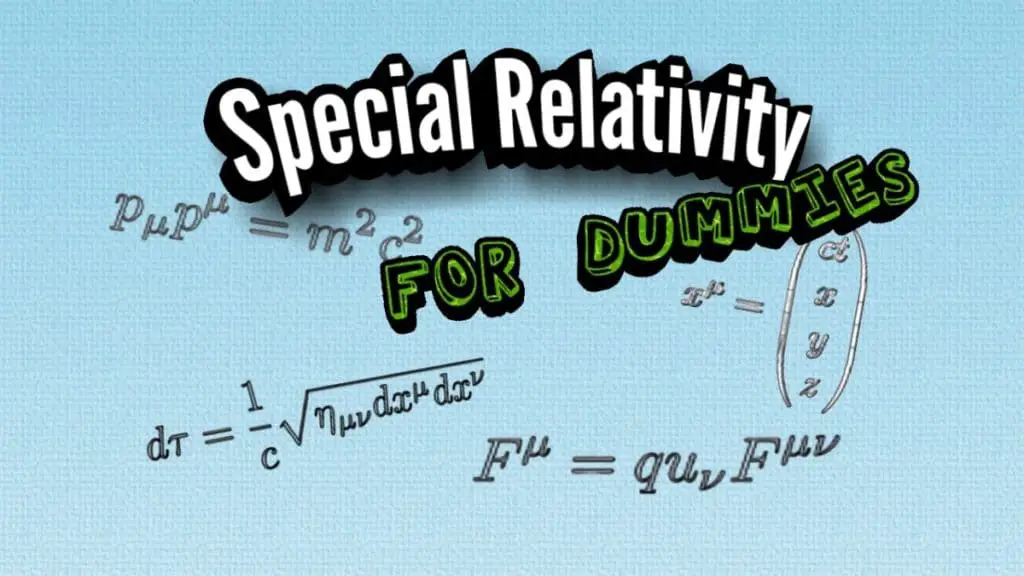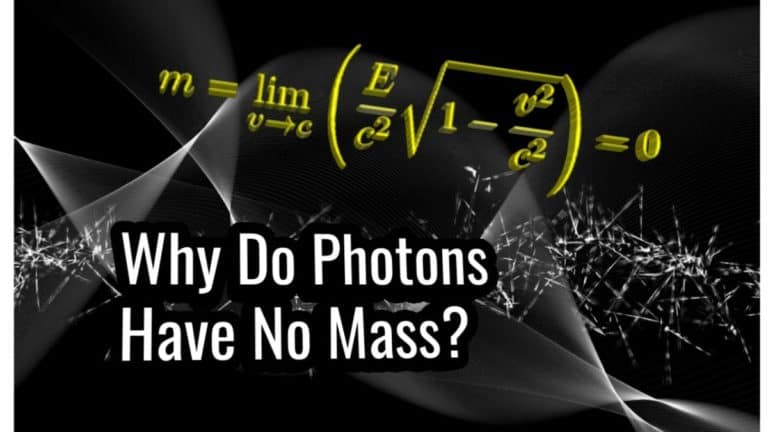Is Classical Mechanics Still Relevant Or Is It Wrong?
When thinking of physics as a whole, a common trend is that classical mechanics is somewhat becoming replaced by more modern and complete theories, such as relativity and quantum mechanics.
Is this an indication that, perhaps, classical mechanics is not relevant anymore or simply wrong in some way?
In short, classical mechanics is certainly still relevant and it is not wrong for the purpose it was intended for, which is to describe everyday phenomena. This it does very precisely and most of the modern theories are also fundamentally based on the relevancy of classical mechanics under certain limits.
In this article, I want to dive a bit deeper into the concepts stated above and hopefully shed some light on the on the notion of relevancy of classical mechanics.
It is also worth noting that even if other theories can replace and explain the same concepts as classical mechanics does, it doesn’t mean that classical mechanics is useless or wrong and it certainly doesn’t mean that there are no benefits in studying it.
Why Classical Mechanics Is Absolutely Still a Relevant Field of Physics
First of all, I would like to get rid of the idea out there that if something does not give the absolute whole picture about a topic, then it is simply not useful or not worth learning. This is simply not a productive way of viewing things.
Particularly in the context of classical mechanics, many people often throw around the idea that classical mechanics is somehow outdated. Sure, there is some truth to that, but for the most part, this is not correct.
Let me explain. Classical mechanics was never invented to be a “theory of everything”. All it was meant to do was to model the observable physical phenomena at the time it was invented (following from many astrophysical observations and Newton’s invention of calculus).
This, of course, it does very accurately for the most part. From the dynamics of cars and airplanes to even the mechanics of celestial bodies in our solar system, classical mechanics is able to describe very well.
This is why most engineering fields make use of the concepts of classical mechanics very frequently. It is because classical mechanics is meant to model the dynamics of everyday objects and phenomena, which it does very accurately.
Now, the notion of classical mechanics being outdated really comes from trying to extend theories such as Newton’s laws to the extreme cases (examples being very strong gravitational fields or very small particles).
This is where classical mechanics doesn’t fit in the picture so well anymore, but even then there is still value in the classical theories since the modern physical theories are simply extensions of classical physics.
In fact, most of the modern theories are based on the notion that classical mechanics has to be valid under certain circumstances. In other words, the “more complete” theories have to reduce to the classical theories under certain limitations (this is known as the classical limit).
For example, the Einstein field equations from general relativity that describe gravity will reduce to Newton’s law for gravity in the limit of fairly weak gravitational fields, such as in the solar system.
Another example is that for slow velocities (around under 10 % of the speed of light), the theory of special relativity will reduce to ordinary Galilean relativity and Newtonian mechanics.

Also, it is worth realizing that classical mechanics is not relevant just because it has some useful applications in the context of say, engineering.
Yes, it’s true that Newtonian mechanics is more difficult to extend to the so-called higher-level theories, but keep in mind that classical mechanics is much more than just Newton’s laws.
Some of the key ideas in classical mechanics, which could be considered even more important than Newtonian mechanics (at least in the context of understanding the universe on a more fundamental level), are Lagrangian mechanics and Hamiltonian mechanics.
These two formalisms are actually used extensively in pretty much all areas of physics (with some little modifications) and the fundamental principles of these formulations go beyond just classical physics.
For example, Lagrangians are widely used especially in field theories, such as general relativity and quantum field theory. In fact, the Einstein field equations of general relativity can be derived by using the principle of least action, which is the underlying fundamental principle behind Lagrangian mechanics.
Another example is the common use of Hamiltonians. Hamiltonian mechanics is closely related to dealing with total energies of systems and therefore it has uses in quantum mechanics (in the Schrödinger equation, for example).
Even the famous equation E=mc2 from special relativity can actually be derived simply by using the concepts of Lagrangians and Hamiltonians (I show this in my article found here).
Now, does this mean that one has to have a very deep understanding of classical mechanics before being able to understand some of the higher-level theories such as relativity?
The answer is that not absolutely necessarily, but it certainly does help. In fact, there are some very important benefits in learning classical mechanics, which is what we’ll cover next.
Is It Actually Worth It To Learn Classical Mechanics?
One of the questions I often see goes something like; if the universe is really governed by quantum physics, quantum field theory and relativity, is there even any value in studying classical mechanics first?
The answer, which you might have guessed by now, is that classical mechanics is absolutely worth learning and studying.
Apart from the obvious reasons like being able to model everyday phenomena by Newton’s laws, there are many other, in fact, more important reasons for learning classical mechanics.
The first reason, which I touched on already, is that many of the fundamental concepts in classical mechanics have wide applications in almost all areas of physics.
The obvious examples are the notions of energy and momentum and the conservation laws associated with them (which fundamentally were discovered as part of classical mechanics).
Many of our physical theories, such as QM, are built on these fundamental ideas (with some modifications) of energy and momentum.
In classical mechanics, conservation laws are described by Noether’s theorem (which I touch on in this article), which can also be extended to quantum mechanics, for example.
The other examples (already explained earlier) involve the uses of Lagrangian and Hamiltonian mechanics in many other theories. So, it is needless to say that many of the topics in classical mechanics will turn out useful in other areas of physics as well.
The second reason for learning classical mechanics is that by doing so, one will also learn the fundamental mathematical methods and ways of describing the universe.
These of course include the underlying physical principles of classical mechanics, but also the mathematical structures which we model all of physics by.
The physical world is described by mathematical models such as differential equations as well as fundamental principles such as conservation laws, symmetries and a notion of time-evolution reversibility.
Without getting into the details here, it is worth stating that these ideas are all encapsulated into classical mechanics, which means that many of the concepts in classical mechanics are extensible to other areas of physics as well, just perhaps not in their original form.
To put it in perspective, how are you going to understand Einstein’s tensor-heavy general relativity with all its intricacies without first understanding the basic concepts of Newtonian gravity? After all, general relativity is still built on the back of Newton’s theory of gravity.
As far as it comes to the mathematical methods you’ll learn in classical mechanics, these same methods are used in all other areas as well. Take for example differential equations.
ALL of higher-level physics is governed by differential equations and by obtaining a deep understanding of classical physics, you’ll also learn some very important techniques and ideas of dealing with differential equations such as solving them effectively (and correctly!).
If this was enough motivation for you to start learning classical mechanics, then I’d recommend starting with some of my introductory articles on Lagrangian mechanics and Hamiltonian mechanics as well as this comparison between Lagrangian and Newtonian mechanics.
You may also find some of my full physics self-study courses useful – you can explore these on the course platform here, and find what you are most interested in learning!


